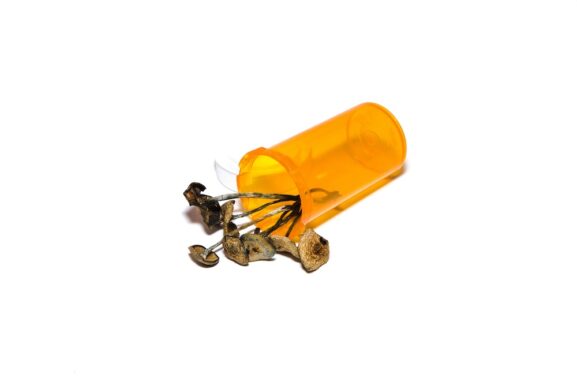Could Psychedelics Help Treat Hearing Loss? A Surprising Study in Mice Says Maybe
Psychedelics, often associated with mind-expanding experiences, may have a surprising new role in medical science: treating hearing loss. Researchers recently discovered that psychedelics, such as psilocin, stimulate the growth of synapses in the cochlea of mice. This groundbreaking finding could lead to novel treatments for hearing impairments, especially age-related hearing loss. For the first time, scientists have observed psychedelics triggering changes in neurons outside the brain, opening doors to new approaches in hearing restoration.
New: Interested in Being Part of a Psychedelics-Focused Clinical Trial? Sign Up Here
Key Takeaways
| Key Discovery | Details |
|---|---|
| Psychedelic Effects | Psilocin stimulates new synapse formation in the cochlea of mice. |
| Significance for Hearing | Growth of synapses may aid in treating age-related hearing loss. |
| Research Collaboration | Uri Manor and David Olson led the study. |
| Long-term Impact | Effects lasted for a month post-treatment. |
| Alternative Approaches | Non-hallucinogenic compounds, psychoplastogens, also triggered synapse growth. |
Read more on this story at The Scientist.
The Science Behind the Discovery
The cochlea, located in the inner ear, plays a vital role in converting sound into electrical signals the brain can interpret. As we age, the loss of synapses in the cochlea contributes to hearing decline. This new research suggests that psychedelics could reverse this process, promoting synapse growth and improving auditory function.
Uri Manor, a cell biologist at UC San Diego, and David Olson, a chemical neuroscientist at UC Davis, collaborated on this study, revealing the unexpected neuroplastic effects of psychedelics. Their team exposed adult mice to psilocin, a psychedelic compound, and found a notable increase in cochlear synapses. These new synapses were functional, improving signal transmission between auditory cells for up to a month.
Future Possibilities for Hearing Treatment
The implications of these findings extend beyond mere curiosity. The research suggests that psychedelics could be a potential therapeutic approach for hearing loss and other peripheral neuronal issues. Manor sees the cochlea as a precursor to cognitive decline, potentially signaling early stages of neurodegeneration. This presents an opportunity to explore psychedelics as treatments not only for hearing loss but also for related disorders like Alzheimer’s disease.
However, the hallucinogenic effects of psychedelics are a significant challenge. Researchers have already begun experimenting with non-hallucinogenic alternatives—called psychoplastogens—that could offer the same benefits without the mind-altering side effects.
As science continues to explore these avenues, psychedelic compounds may one day offer a promising solution for those suffering from hearing loss, with a potential impact on a wide array of neurodegenerative diseases.



